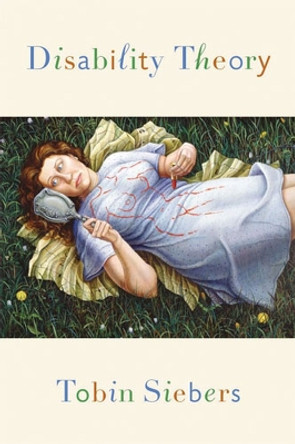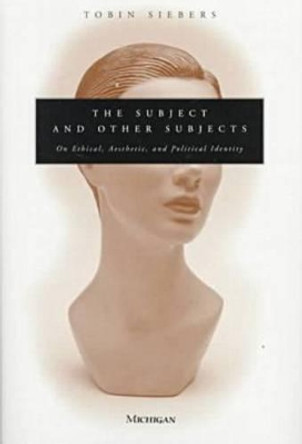In Cold War Criticism, Tobin Siebers claims that modern criticism is a Cold War criticism. Postwar literary theory has absorbed the scepticism, suspicion and paranoia of the Cold War mentality, and it plays them out in debates about the divided self, linguistic indeterminacy, the metaphysics of presence, multiculturalism, canon formation, power, cultural literacy and the politics of literature. The major critical movements of the postwar age, Siebers argues, belong to three dominant phases of the Cold War era. The age of charismatic leadership (Churchill, FDR, Stalin, and Hitler) lies behind the preoccupation with "intention", "effect" and "impersonality" found in the New Criticism. The age of propaganda motivates the fascination with the guiles of language, undecidability and deconstruction. The age of superpowers provides the dominant metaphor in the new historicism's analysis of the technology of power. All three ages of criticism reflect Cold War Scepticism as it has impaired the ability of literary theorists to talk effectively about the politics of criticism. Supporting his claims with polemical readings from such figures as Arendt, Bloom, deMan, Lyotard, Siebers offers a new and often surprising vision of what theory must do if it is to enter the post Cold War era suiccessfully.
ReviewsSiebers makes a compelling case for analyzing the past forty years of criticism in relation to Cold War anxieties and the kind of skepticism it generated. His argument thus provides a fresh and necessary perspective on the current scene of criticism. * John Johnston, Emory University *
Book InformationISBN 9780195079654
Author Tobin SiebersFormat Paperback
Page Count 184
Imprint Oxford University Press IncPublisher Oxford University Press Inc
Weight(grams) 218g
Dimensions(mm) 207mm * 140mm * 11mm






